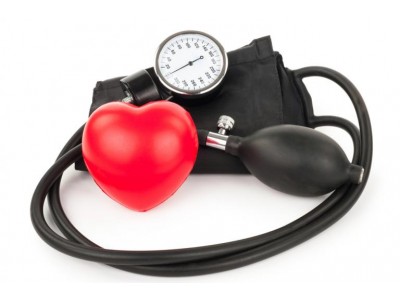Several medications can cause low blood pressure (hypotension) as a side effect. These medications typically work in different ways within the body, leading to a decrease in blood pressure. Here are some common types of medications known to cause hypotension and how they work:
Antihypertensives: Medications used to treat high blood pressure (hypertension), such as diuretics (e.g., hydrochlorothiazide), beta-blockers (e.g., metoprolol), ACE inhibitors (e.g., lisinopril), and calcium channel blockers (e.g., amlodipine), can lower blood pressure as part of their therapeutic action. Diuretics reduce fluid volume in the body, beta-blockers reduce heart rate and contractility, ACE inhibitors dilate blood vessels, and calcium channel blockers relax blood vessel walls—all of which can lead to decreased blood pressure when used in excess or inappropriately.
Alpha-blockers: These medications (e.g., prazosin, doxazosin) are primarily used to treat conditions like high blood pressure and benign prostatic hyperplasia (BPH). They work by blocking alpha-adrenergic receptors, causing blood vessels to relax and widen, thereby lowering blood pressure.
Vasodilators: Drugs that directly relax and dilate blood vessels, such as nitroglycerin (used for angina) and hydralazine (used for hypertension), can cause hypotension by lowering peripheral resistance and reducing the heart's workload.
Antidepressants: Certain classes of antidepressants, such as tricyclic antidepressants (e.g., amitriptyline) and monoamine oxidase inhibitors (MAOIs), can cause low blood pressure as a side effect. These medications can affect the autonomic nervous system, leading to decreased vascular tone and reduced blood pressure.
Opioids: Narcotic pain medications like morphine and oxycodone can cause hypotension by suppressing the central nervous system and affecting the body's ability to regulate blood pressure effectively.
Anti-anxiety medications: Benzodiazepines (e.g., diazepam, lorazepam) and other sedatives can cause low blood pressure by depressing the central nervous system and reducing sympathetic nervous system activity.
Alcohol: While not a medication, excessive alcohol consumption can lead to acute hypotension due to its vasodilatory effects and depressive effects on the cardiovascular system.
It's important to note that individual responses to medications can vary, and some people may experience hypotension as a more significant side effect than others. Monitoring blood pressure regularly and adjusting medication doses under medical supervision can help manage these effects and prevent complications associated with low blood pressure. Always follow healthcare provider instructions and report any concerning symptoms promptly.
